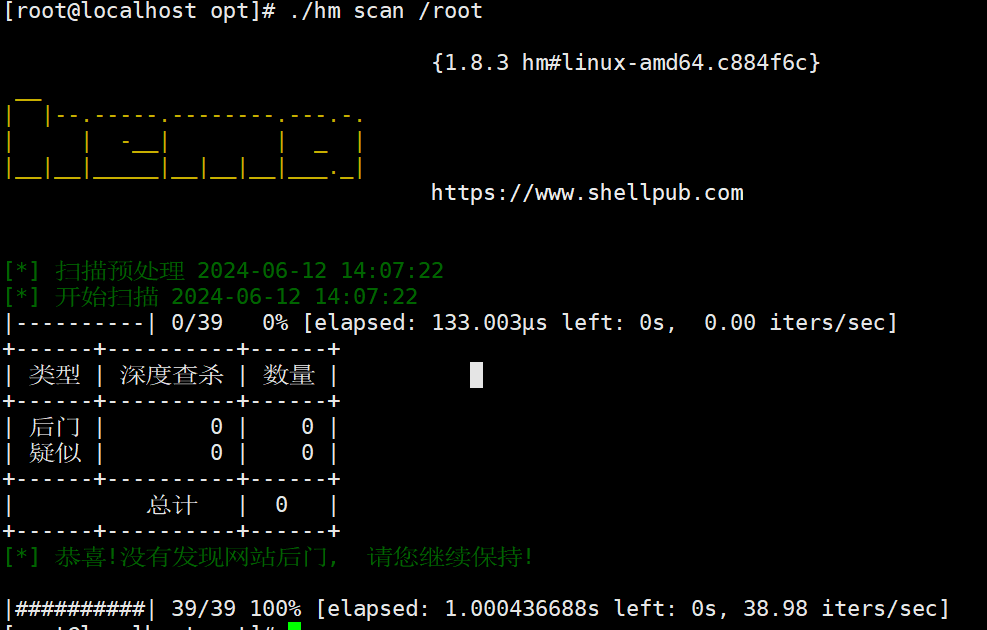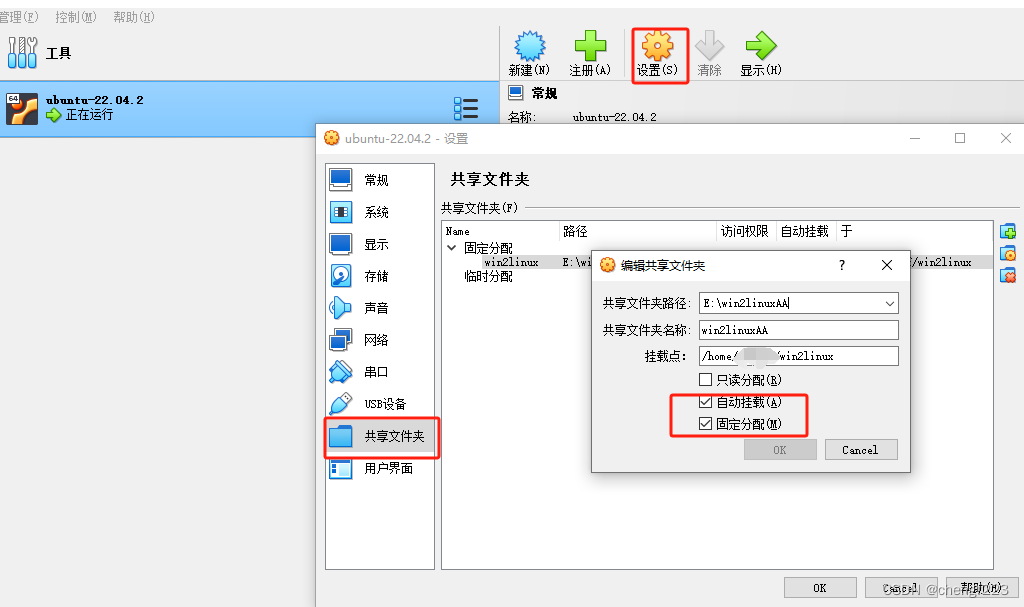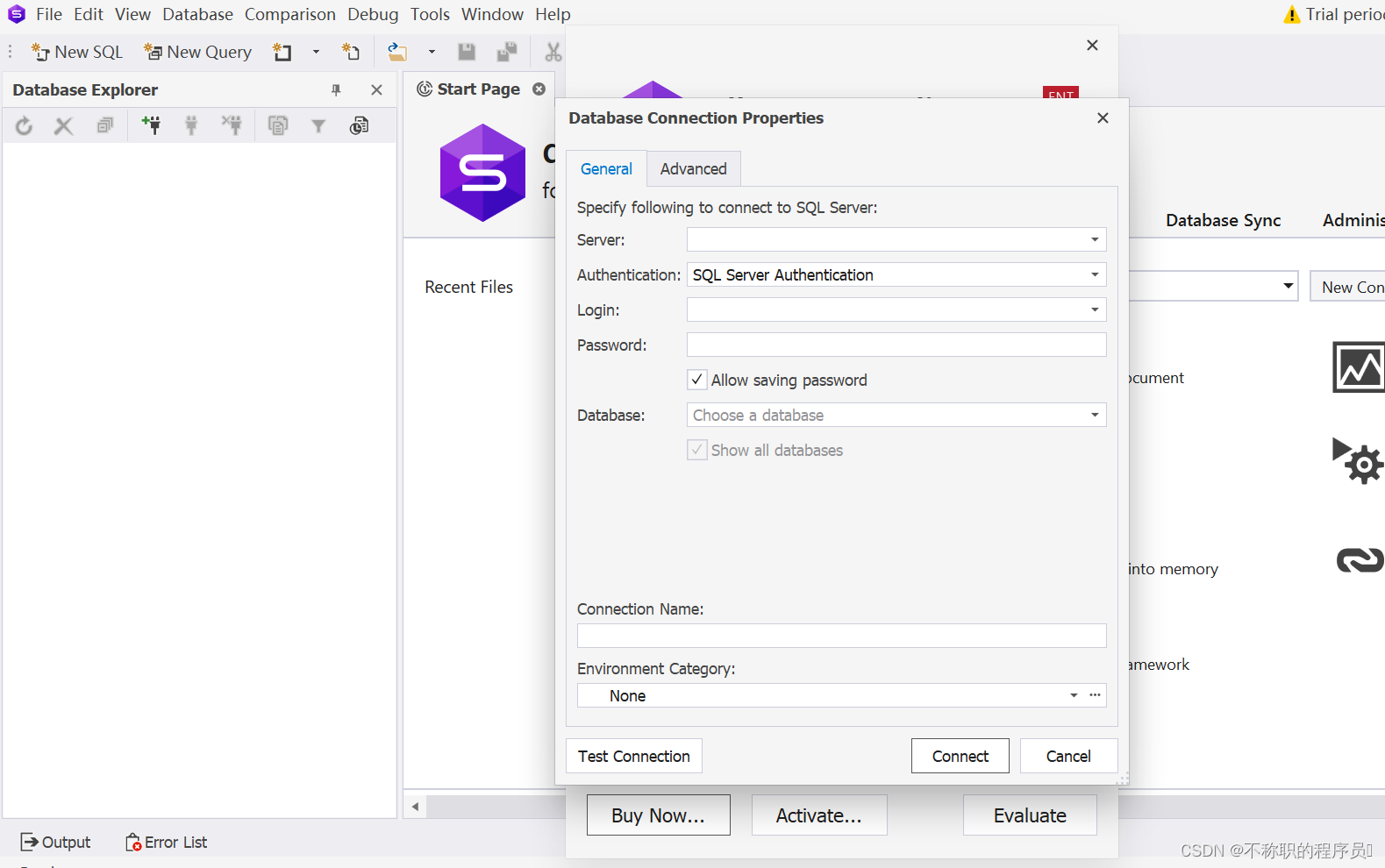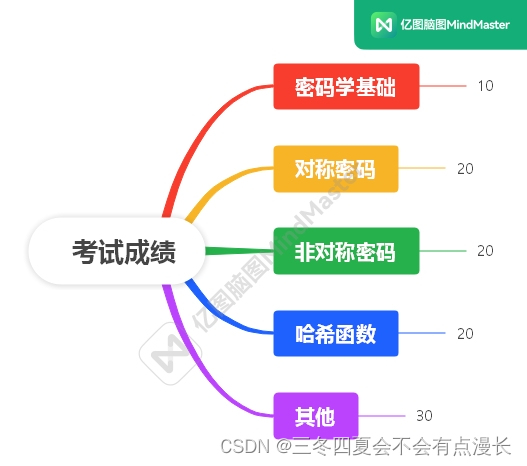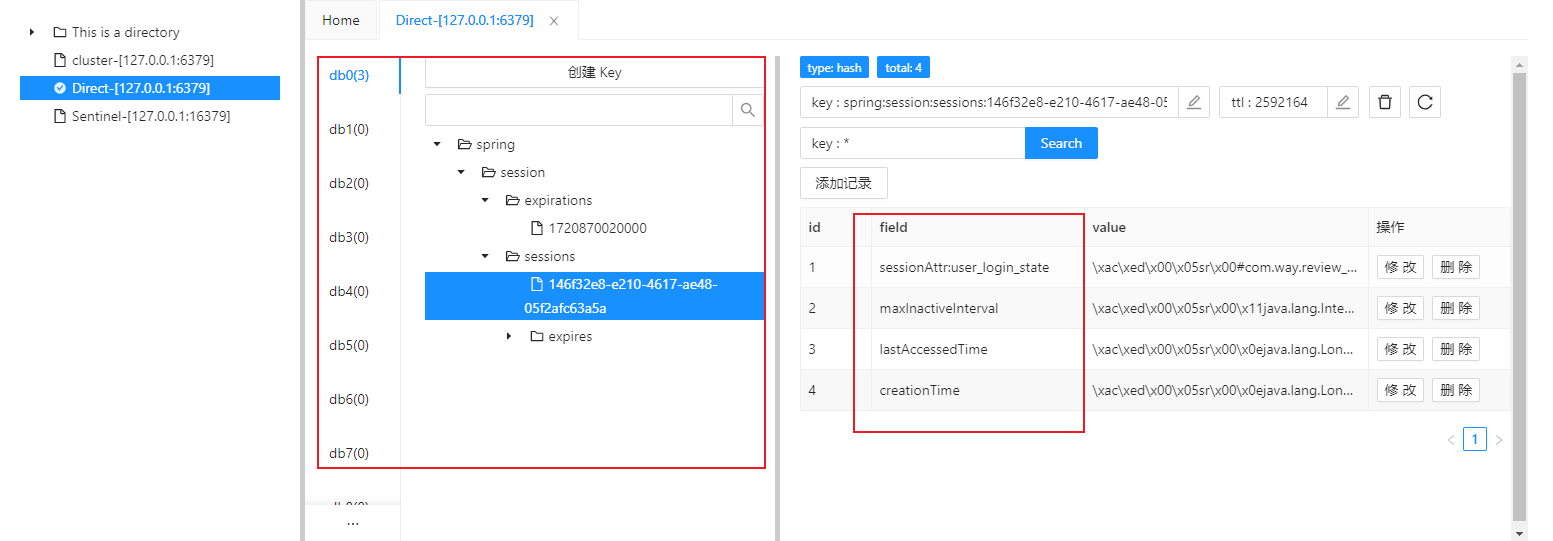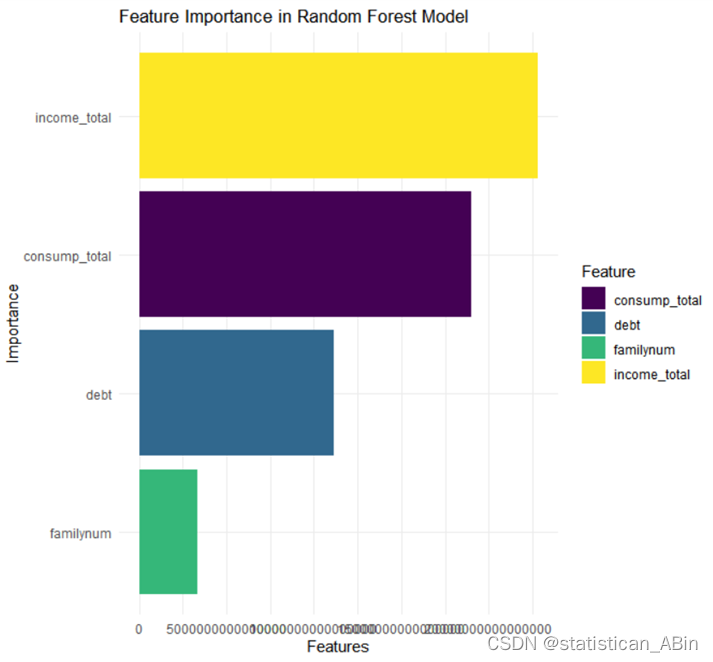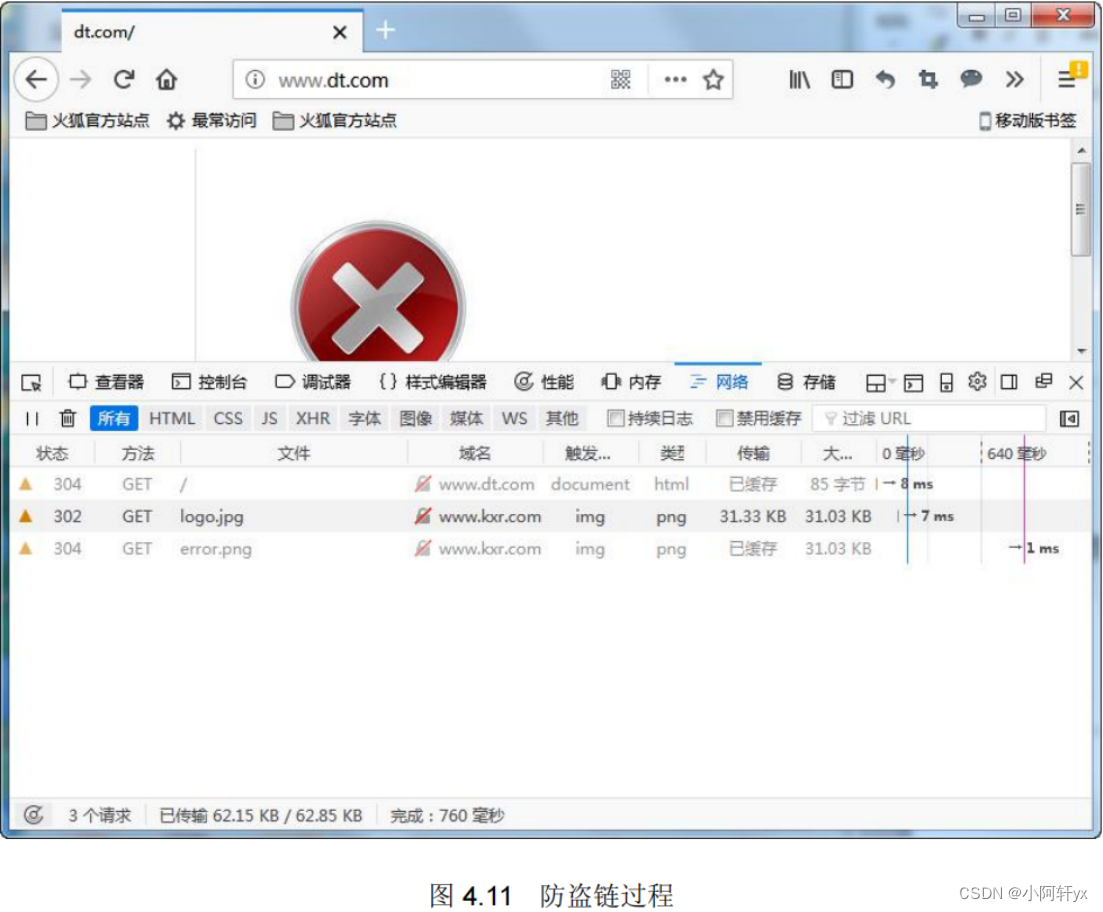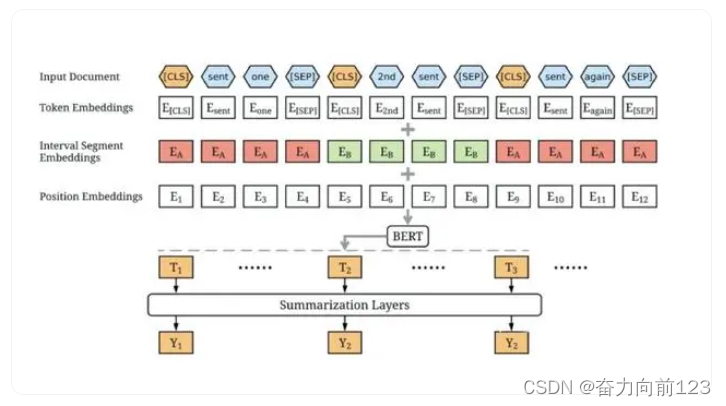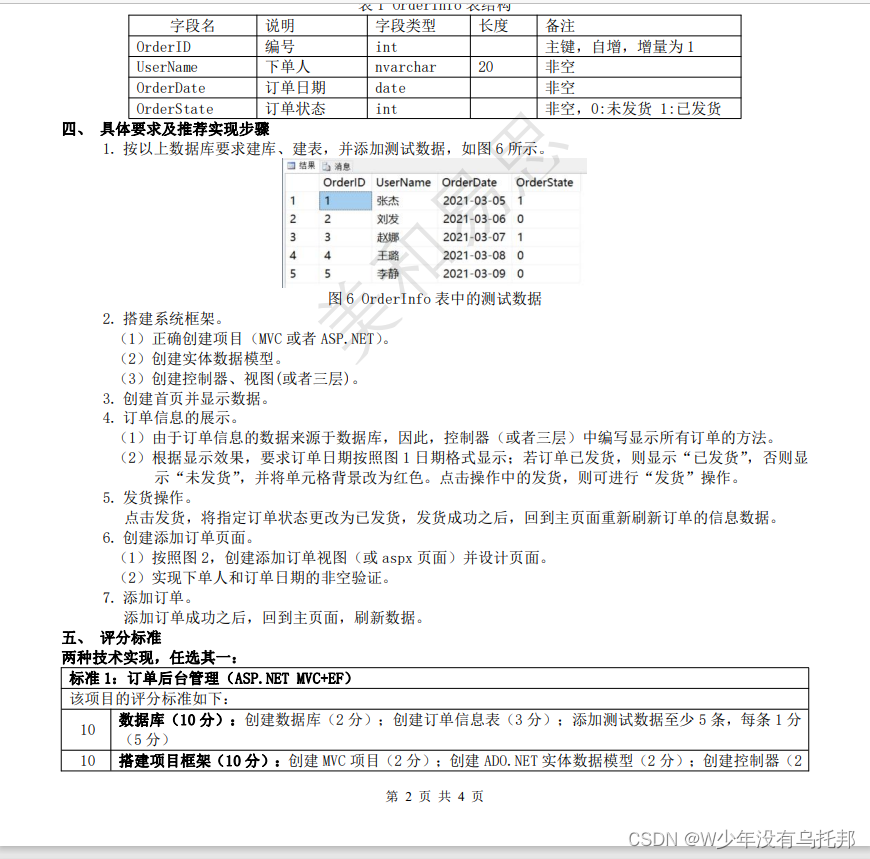😁博客主页😁:🚀https://blog.csdn.net/wkd_007🚀
🤑博客内容🤑:🍭嵌入式开发、Linux、C语言、C++、数据结构、音视频🍭
⏰发布时间⏰:2024-06-14 23:57:00
本文未经允许,不得转发!!!
目录
- 🎄一、概述
- 🎄二、const 数据成员
- 🎄三、const 成员函数
- 🎄四、mutable 数据成员
- 🎄五、const 对象
- 🎄六、总结

![]()
🎄一、概述
在C++中,const 关键字可以用来定义常量,并且const修饰的对象是必须初始化且不能被修改的。
在C++的类和对象中,使用const也有一些需要注意的:
1、对于类的const数据成员,要怎样初始化呢?
2、类的const函数是怎样的?有什么用处?怎样定义const函数?
3、使用const对象有哪些需要注意的?
![]()
🎄二、const 数据成员
const 数据成员:是指在类中声明的,使用 const 关键字修饰的数据成员。下面代码的Month就是 const 数据成员:
class CDate
{
...
private:
int m_year;
int m_mon;
int m_day;
const int Month;
};
const 修饰的对象必须要初始化,那么类的 const 数据成员怎样初始化呢?C++提供了两种方法:
-
1、构造函数的成员初始化列表:
成员初始化列表只有构造函数才有,在参数列表后使用分号(:)分隔开,下面以 CDate 为例,其构造函数如下;CDate(int year, int mon, int day):Month(12) { m_year = year; m_mon = mon; m_day = day; } -
2、C++11的类内初始化:
C++11标准支持类内初始化,就是在类中声明数据成员的时候就初始化。参考下面代码:class CDate { ... private: int m_year; int m_mon; int m_day; const int Month=12; // C++11的类内初始化 };
下面代码演示了上面两中方法:
// // g++ 16_member_init_list.cpp -std=c++11
#include <iostream>
using namespace std;
class CDate
{
public:
#if __cplusplus > 199711L // C++11
CDate(int year, int mon, int day)
#else
CDate(int year, int mon, int day):Month(12)
#endif
{
m_year = year;
m_mon = mon;
m_day = day;
}
void show()
{
cout << "Date: " << m_year << "." << m_mon << "." << m_day << ", Month=" << Month << endl;
}
private:
int m_year;
int m_mon;
int m_day;
#if __cplusplus > 199711L // C++11
const int Month = 12; // C++11的类内初始化
#else
const int Month;
#endif
};
int main()
{
cout << __cplusplus << endl; // 打印 C++标准
CDate date(2024,06,14);
date.show();
return 0;
}
![]()
🎄三、const 成员函数
const 成员函数:是指保证不会修改调用对象的成员函数。
const 成员函数在函数声明和定义时,会在函数参数的括号后面添加关键字 const,以 CDate 类为例:
void show() const; // 声明
void CDate::show() const // 声明
{
// m_year = 1; // 会报错:assignment of member ‘CDate::m_year’ in read-only object
cout << "Date: " << m_year << "." << m_mon << "." << m_day << ", Month=" << Month << endl;
}
const 成员函数的几个注意点:
- 1、const 成员函数本质上是修改了this指针的类型,改为
const 类类型 *this。 - 2、只要类方法不修改调用对象, 就应将其声明为 const。
- 3、const 成员函数不能修改数据成员,除非该数据成员是 mutable 修饰的。
- 4、const函数只能调用const函数,不能调用非const函数
- 5、const 成员函数如果以引用的形式返回*this,那么它的返回类型将是const引用。
- 6、基于 const 的函数重载,通过区分成员函数是否为 const 的,可以对该函数进行重载。因为const成员函数的this指针是const的,而非const成员函数的this指针没带const。
- 67、构造函数不能声明、定义为const。
![]()
🎄四、mutable 数据成员
mutable 数据成员:是指在类中声明的,使用 mutable 关键字修饰的数据成员。永远不会是 const,即使它是 const 对象的成员。也就是说, mutable 数据成员在任何成员函数中都可以被更改。
下面例子演示了怎样声明、定义、使用 const 成员函数、mutable 数据成员
// g++ 16_const_fun.cpp
#include <iostream>
using namespace std;
class CDate
{
public:
CDate(int year, int mon, int day):Month(12)
{
m_year = year;
m_mon = mon;
m_day = day;
mu_Month = 0;
}
void show() const;
private:
int m_year;
int m_mon;
int m_day;
const int Month;
mutable int mu_Month;
};
void CDate::show() const
{
mu_Month = 1; // mutable 数据成员在任何成员函数中都可以被修改
cout << "Date: " << m_year << "." << m_mon << "." << m_day << ", mu_Month=" << mu_Month << endl;
}
int main()
{
CDate date(2024,06,14);
date.show();
return 0;
}
![]()
🎄五、const 对象
const 对象:使用关键字 const 修饰并创建的对象是 const 对象。
关于const对象有几个注意点:
1、const对象 需要初始化,除非提供无参构造;
2、const对象 只能调用 const函数;
3、非const对象 优先调用 非const函数 ,如果没有 非const函数 则选择 const函数;
参照下面例子:
// g++ 16_const_object.cpp
#include <iostream>
using namespace std;
class CDate
{
public:
CDate(int year, int mon, int day)
{
m_year = year;
m_mon = mon;
m_day = day;
}
CDate(){} // 1、const 对象必须初始化,除非提供无参构造
void show()
{
cout << "Date: " << m_year << "." << m_mon << "." << m_day << ", not const" << endl;
}
void show() const
{
cout << "Date: " << m_year << "." << m_mon << "." << m_day << ", const" << endl;
}
private:
int m_year;
int m_mon;
int m_day;
};
int main()
{
const CDate date;
date.show();
return 0;
}
![]()
🎄六、总结
👉本文介绍了类的 const数据成员、const成员函数、mutable 数据成员、const对象

如果文章有帮助的话,点赞👍、收藏⭐,支持一波,谢谢 😁😁😁
